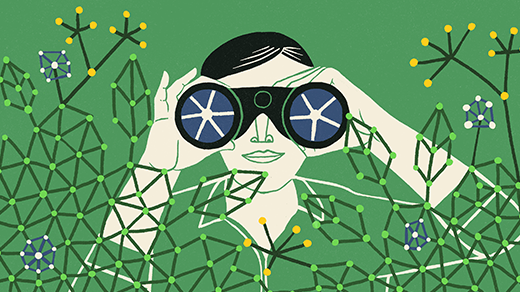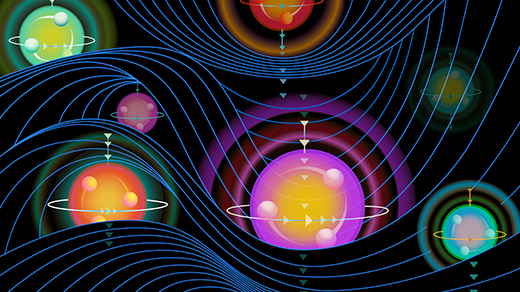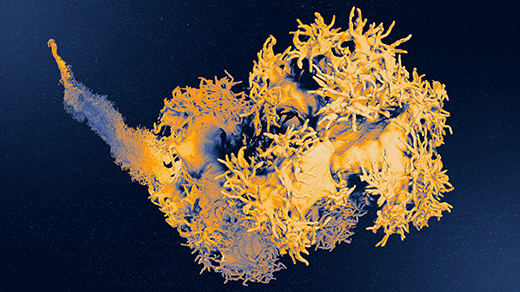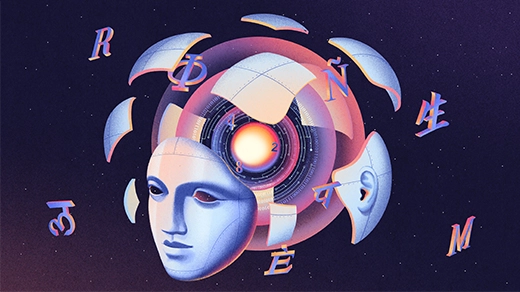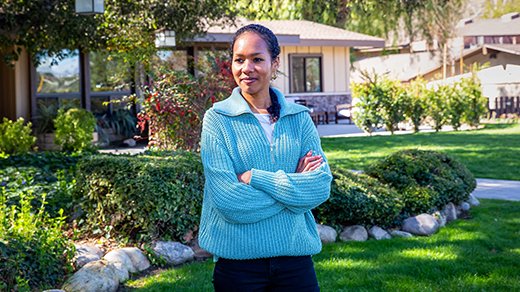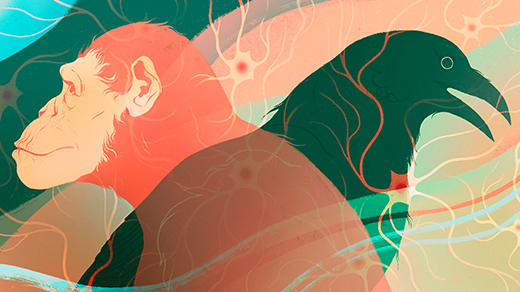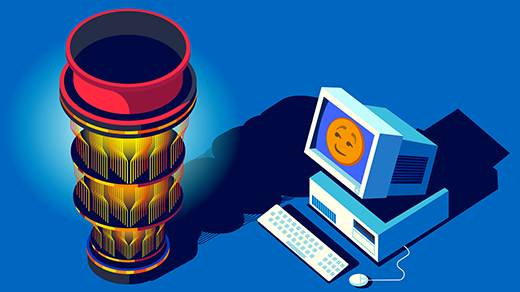Infinity and Beyond: The Ultimate Test
Latest Articles
New Proof Settles Decades-Old Bet About Connected Networks
According to mathematical legend, Peter Sarnak and Noga Alon made a bet about optimal graphs in the late 1980s. They’ve now both been proved wrong.
Can Quantum Gravity Be Created in the Lab?
Quantum gravity could help physicists unite the currently incompatible worlds of quantum mechanics and gravity. In this episode, Monika Schleier-Smith discusses her pioneering experimental approach, using laser-cooled atoms to explore whether gravity could emerge from quantum entanglement.
Touch, Our Most Complex Sense, Is a Landscape of Cellular Sensors
Every soft caress of wind, searing burn and seismic rumble is detected by our skin’s tangle of touch sensors. David Ginty has spent his career cataloging the neurons beneath everyday sensations.
To Make Language Models Work Better, Researchers Sidestep Language
We insist that large language models repeatedly translate their mathematical processes into words. There may be a better way.

‘Paraparticles’ Would Be a Third Kingdom of Quantum Particle
A new proposal makes the case that paraparticles — a new category of quantum particle — could be created in exotic materials.
Where Does Meaning Live in a Sentence? Math Might Tell Us.
The mathematician Tai-Danae Bradley is using category theory to try to understand both human and AI-generated language.
Intelligence Evolved at Least Twice in Vertebrate Animals
Complex neural pathways likely arose independently in birds and mammals, suggesting that vertebrates evolved intelligence multiple times.
How a Problem About Pigeons Powers Complexity Theory
When pigeons outnumber pigeonholes, some birds must double up. This obvious statement — and its inverse — have deep connections to many areas of math and computer science.
What Is the True Promise of Quantum Computing?
Despite the hype, it’s been surprisingly challenging to find quantum algorithms that outperform classical ones. In this episode, Ewin Tang discusses her pioneering work in “dequantizing” quantum algorithms — and what it means for the future of quantum computing.
